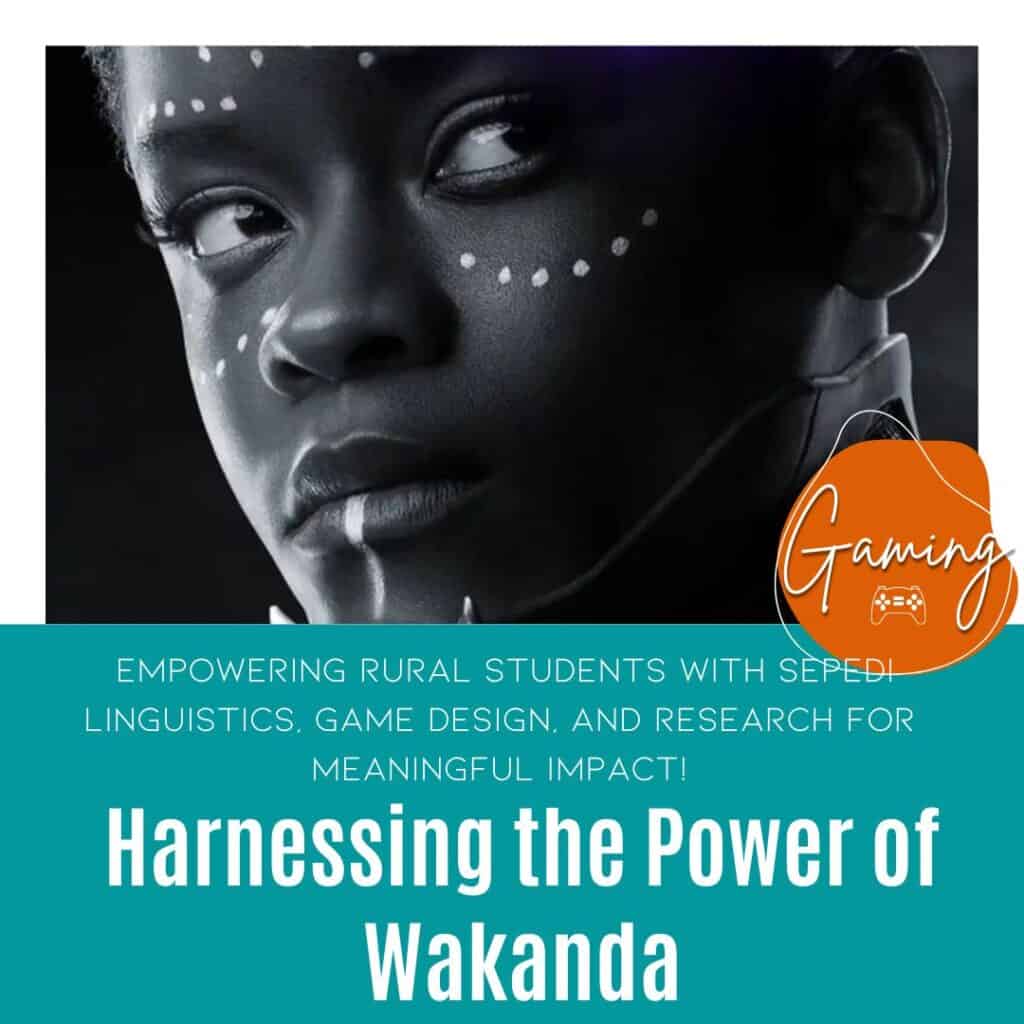Our recent trip to Johannesburg’s Wits University was educational and inspiring. Dawn, Dr. Leketi’s capable personal assistant, made sure our visit was fruitful even if our scheduled appointment with the professor did not happen. Our major aim was to investigate the significance of the evaluation we performed earlier this year for the structure of our research project. Nonetheless, throughout our talks, an interesting topic arose: how can we help kids learn English even when they have a hard time communicating in their native Sepedi? Thankfully, our discussion with Dr. Leketi enlightened us on this matter, and also revealed an intriguing idea of logic borrowing that affects African language literacy.



Contextualizing, at 11 a.m. sharp, Dawn welcomed us cheerfully and gave helpful insights into the evaluation process we had previously undergone. The evaluation consisted of several sub-tests, each with a rating range of 0-4. As we dove deeper into the nuances of scoring, I couldn’t help but wonder how our rudimentary Sepedi knowledge may affect our ability to promote ESL success.

The Importance of Logic Borrowing and the Problem of the Language Barrier:
It might be difficult to meet English language learning needs when communicating with others is difficult. Adding another level of complexity is the phenomena of logic borrowing, which has been seen in African language literacies. As a result of historical, cultural, or socioeconomic factors, several African languages have adopted specific grammatical or structural aspects borrowed from English. Dr. Leketi pointed out that when languages borrow from one another, it typically introduces English-inspired linearity, segmentation, and hierarchy, disrupting the native grammatical patterns.
The Benefits of Playing English Language Games in One’s Native Language:
When students are having trouble communicating in their native tongue, incorporating language games into the learning process may be an effective strategy for bridging the language gap and supporting English language acquisition. Sepedi, and other language games that combine parts of the students’ native tongue, can make language learning more fun and relevant. Here’s how native-language games may help kids pick up the English language:
Learning New Words: Students’ ability to acquire new English words is bolstered by language games that teach and reinforce vocabulary in their native language. Students can more easily create connections and transfer their knowledge to the English language if they begin with familiar terms and concepts.
Learning English grammar is facilitated when students play games that draw attention to parallel structures in their native language. Students can learn more about the grammar of the English language by comparing it to their own language.
Motivating Students to Produce Language: Language games provide students a chance to hone their oral and written communication skills in a safe and engaging setting. Students gain comfort and confidence in communicating when they can use some of their native language with their English.
Making Informed Design Choices for Language Games There are a number of things to think about when making decisions about the design of language games that use students’ native languages to supplement English language instruction. Some options to consider while designing:
Make sure the language games are relevant to the kids’ cultural backgrounds and experiences. This increases motivation to learn and helps students feel more comfortable in their own skin.
Start with games that rely largely on the native tongue, then progressively add more and more English until fluency is achieved. Students’ self-esteem and English proficiency both benefit from this method’s gradual approach.
Set Specific Language Goals: Before beginning any game, it is important to establish what you hope to accomplish in terms of language learning. This maximizes the games’ potential by making sure they correspond to the desired learning results.
Use a variety of methods of interaction, including oral, written, and aural, to support the development of proficiency in both the target language and English.
Elements that encourage student engagement and teamwork, such as group activities and friendly competition. This creates a fun and welcoming atmosphere for kids to study in, and they respond well to the language games provided.
Give timely feedback and reinforcement both while playing and after the language games. This method aids students in recognizing weak spots and strengthening their grasp of key linguistic ideas in English.
In conclusion, helping students who have difficulty learning English by addressing the language barrier and utilizing the notion of logic borrowing is crucial. Teachers may motivate and engage their students by playing language games with them that incorporate students’ native tongues. Playing these games may help kids learn new words, have a better grasp on grammar, and practice speaking in a natural way. Language games can be an effective means of bridging language barriers and facilitating English language acquisition if they are designed with cultural relevance, gradual transition, clear language objectives, a multimodal approach, interactive and collaborative elements, and feedback in mind. Promoting diversity and equipping students to succeed in a globalized environment requires an acceptance of and an incorporation of the difficulties of logic borrowing into language learning methodologies.





